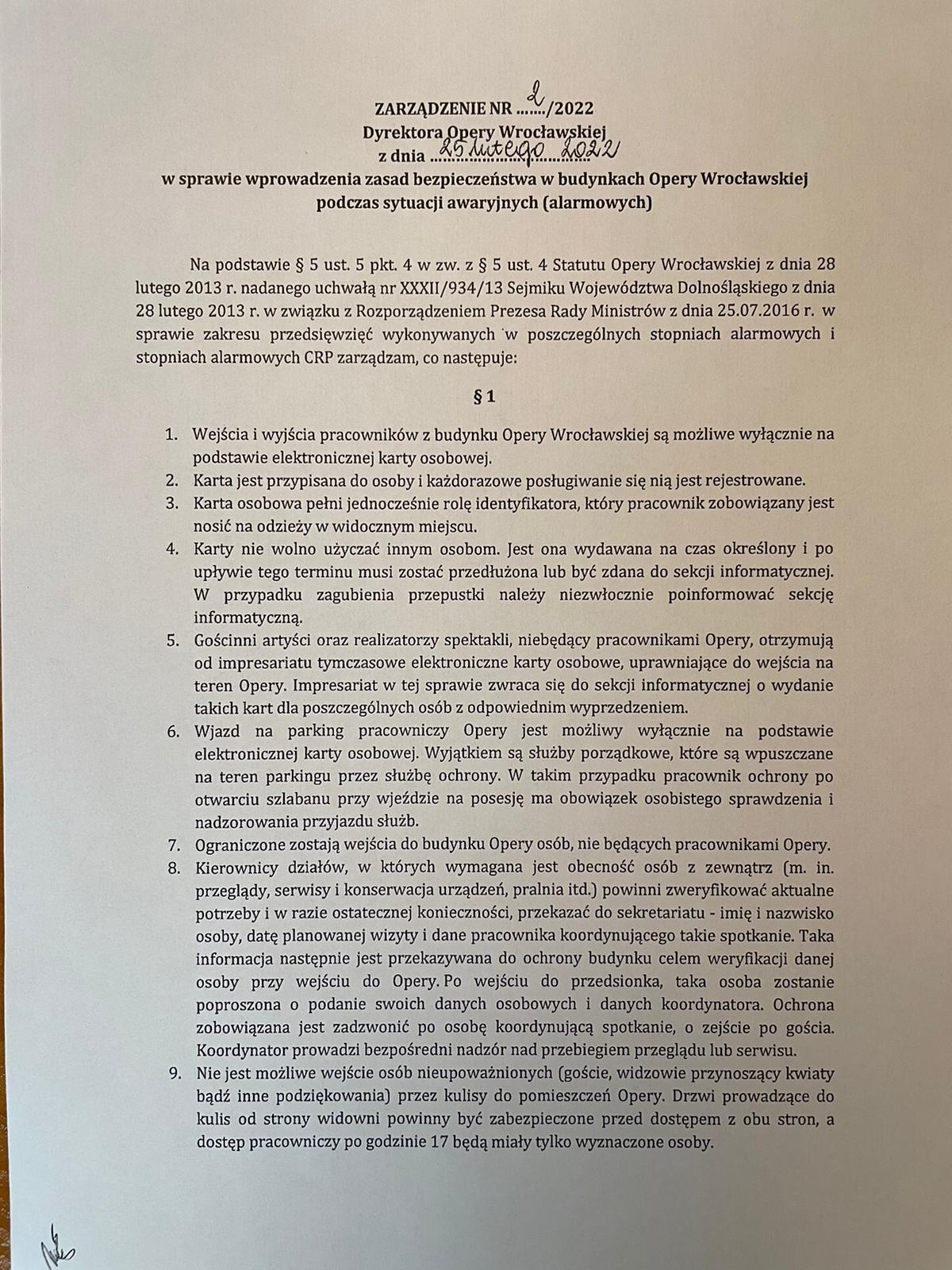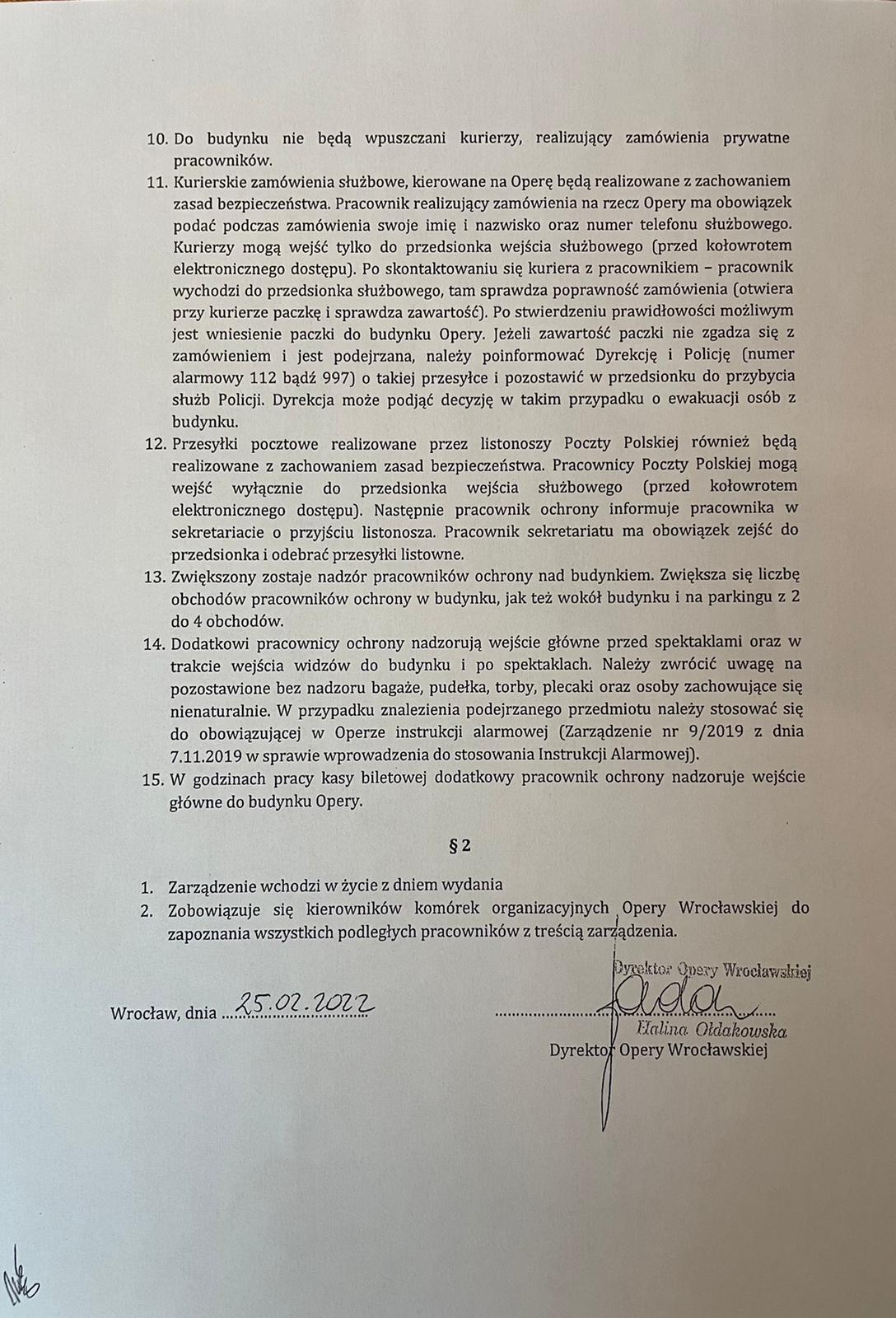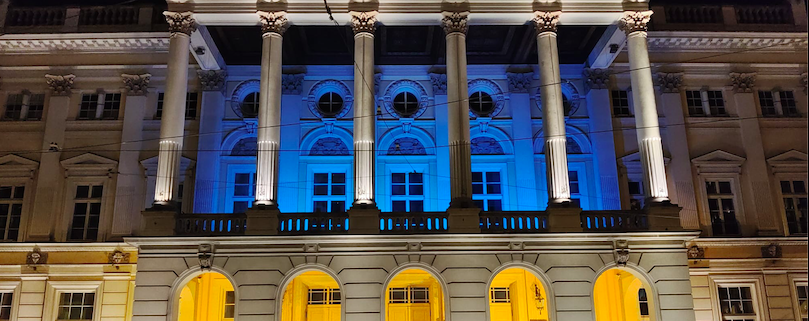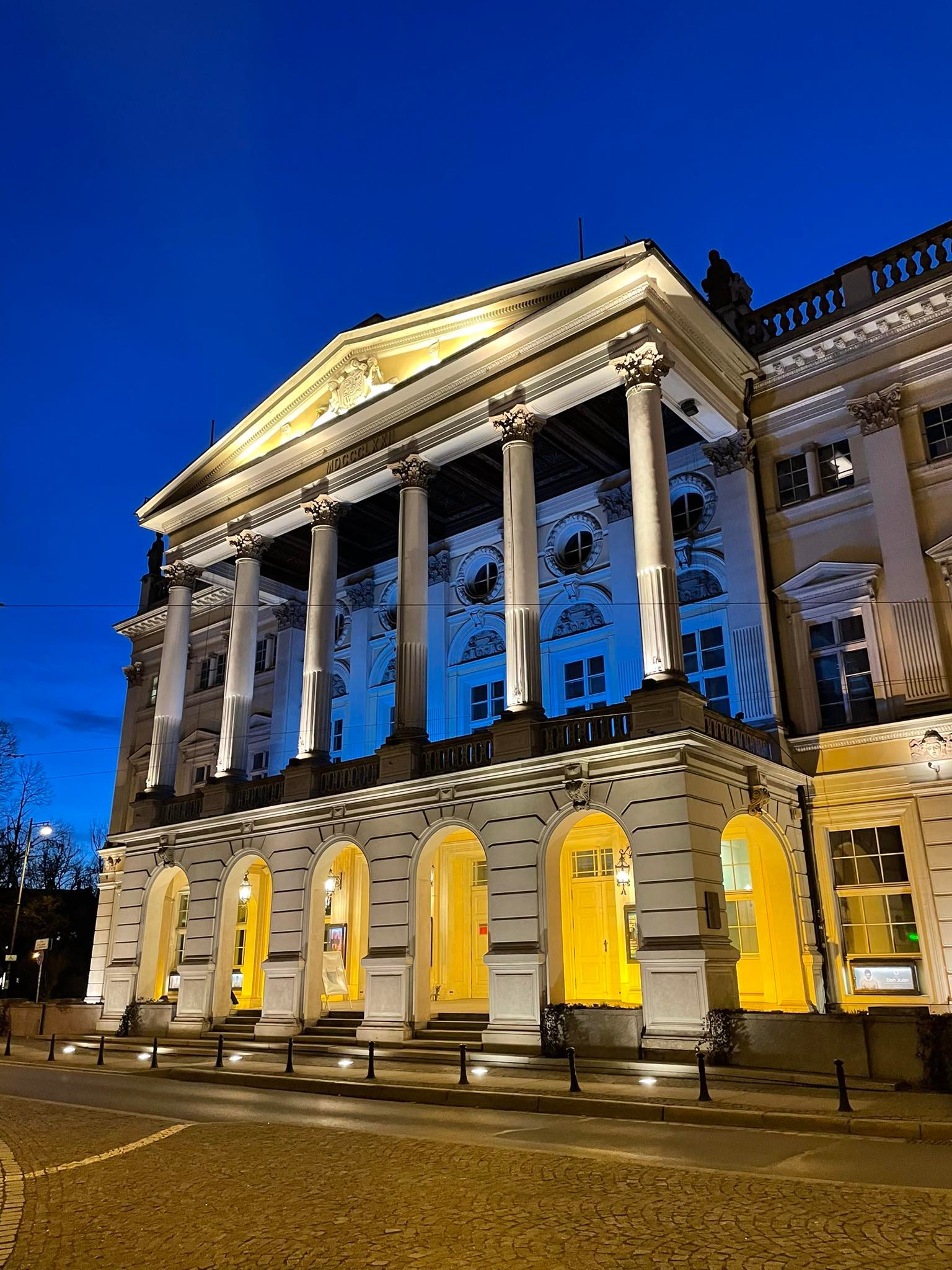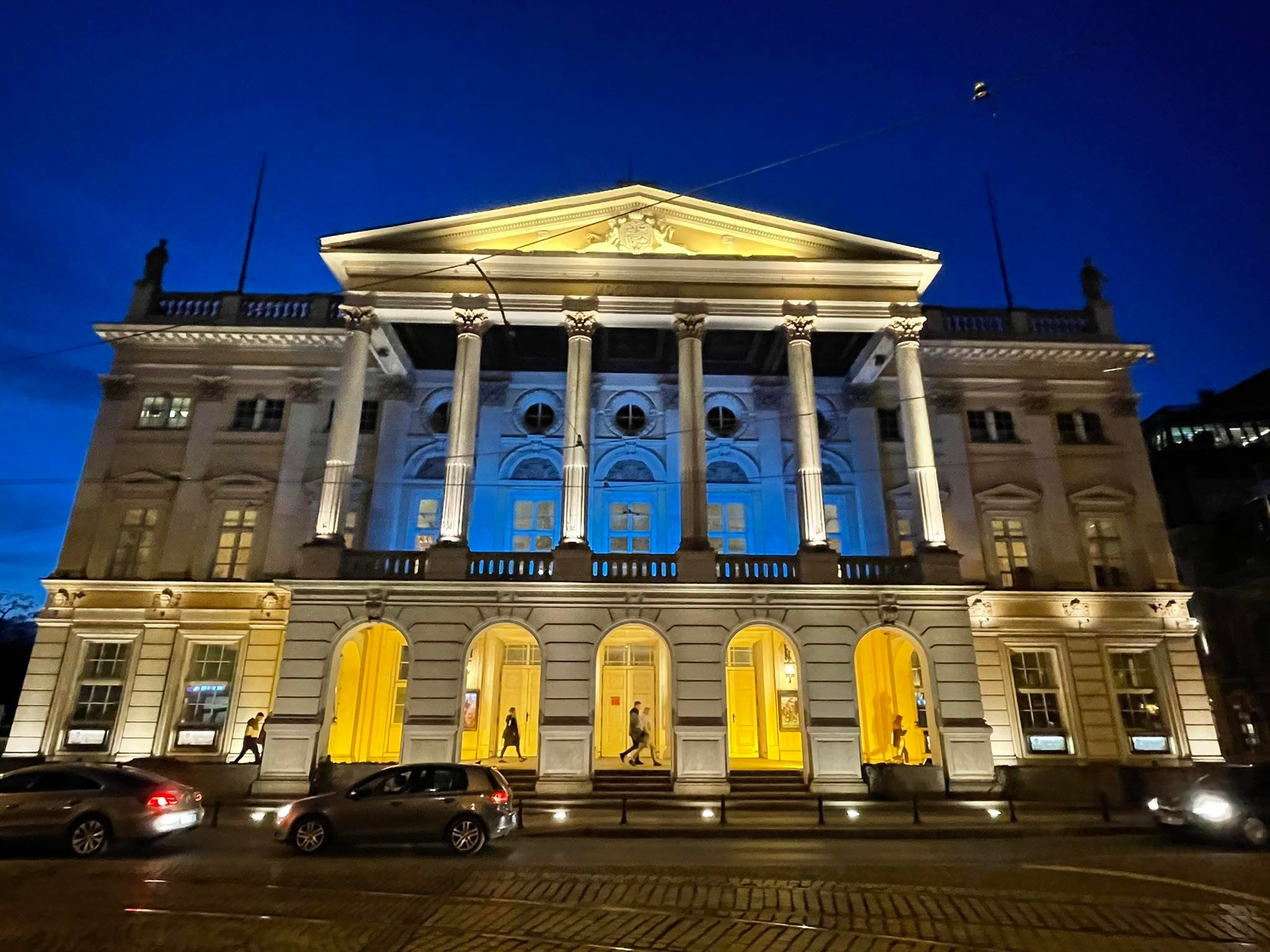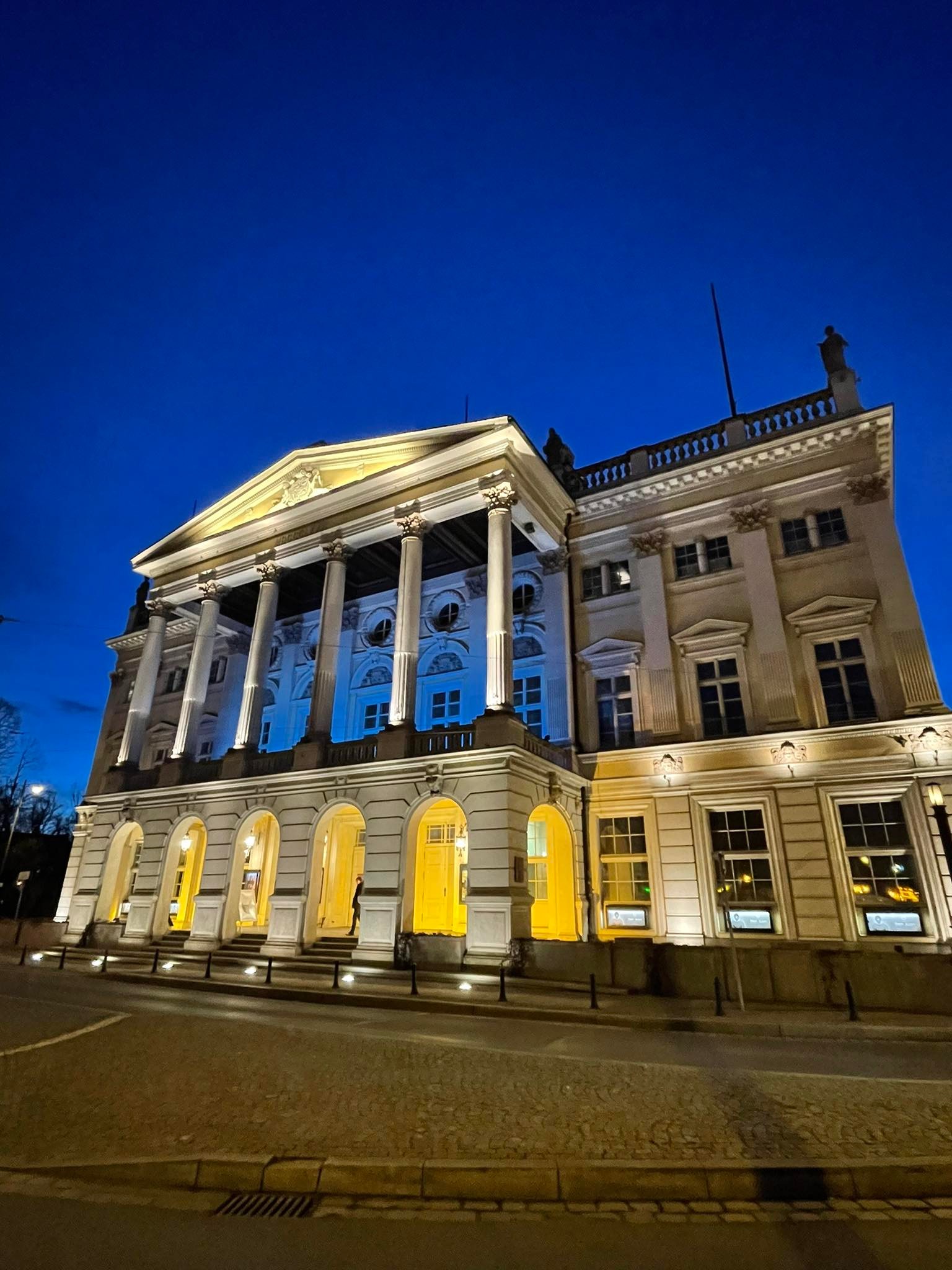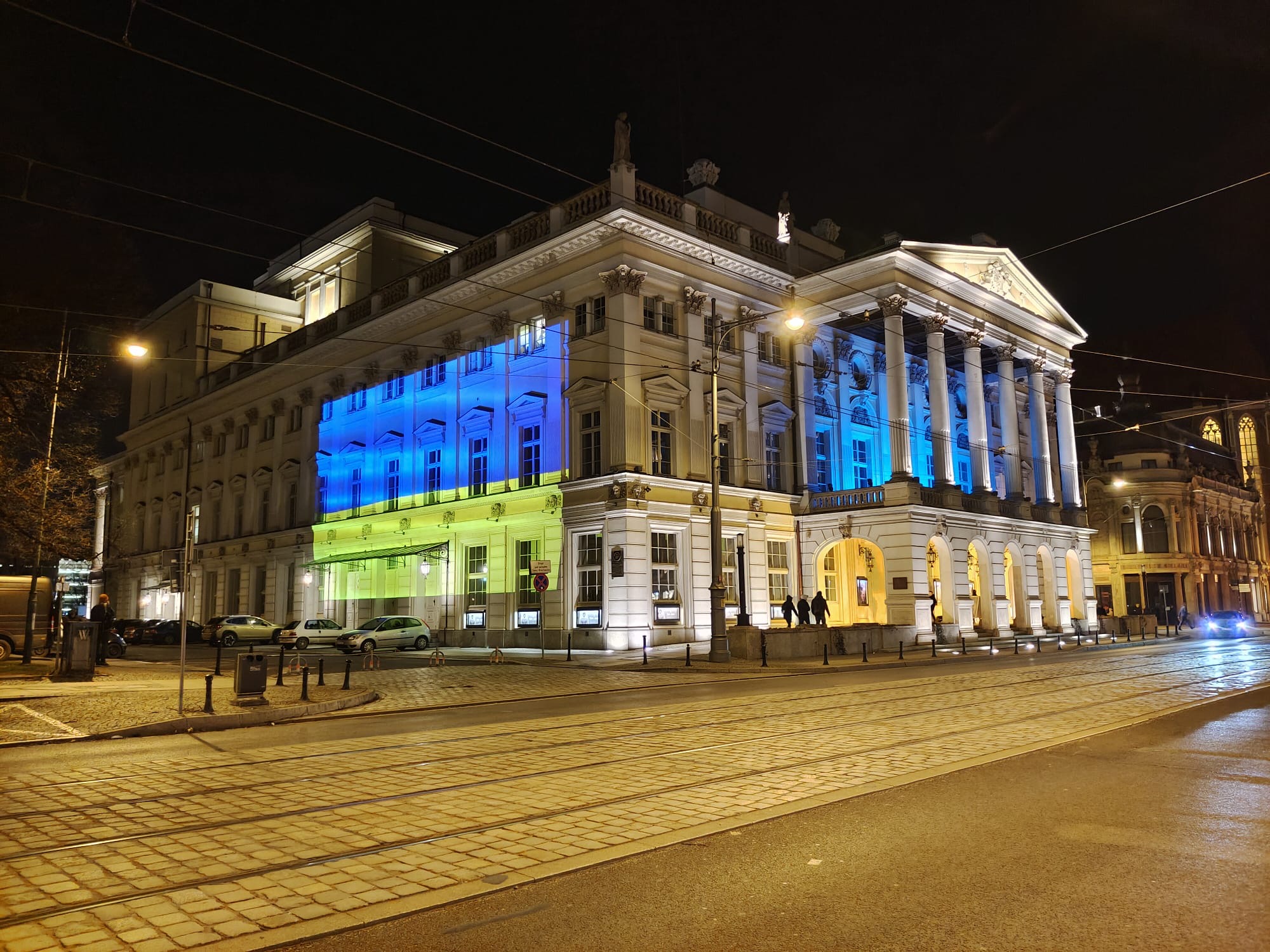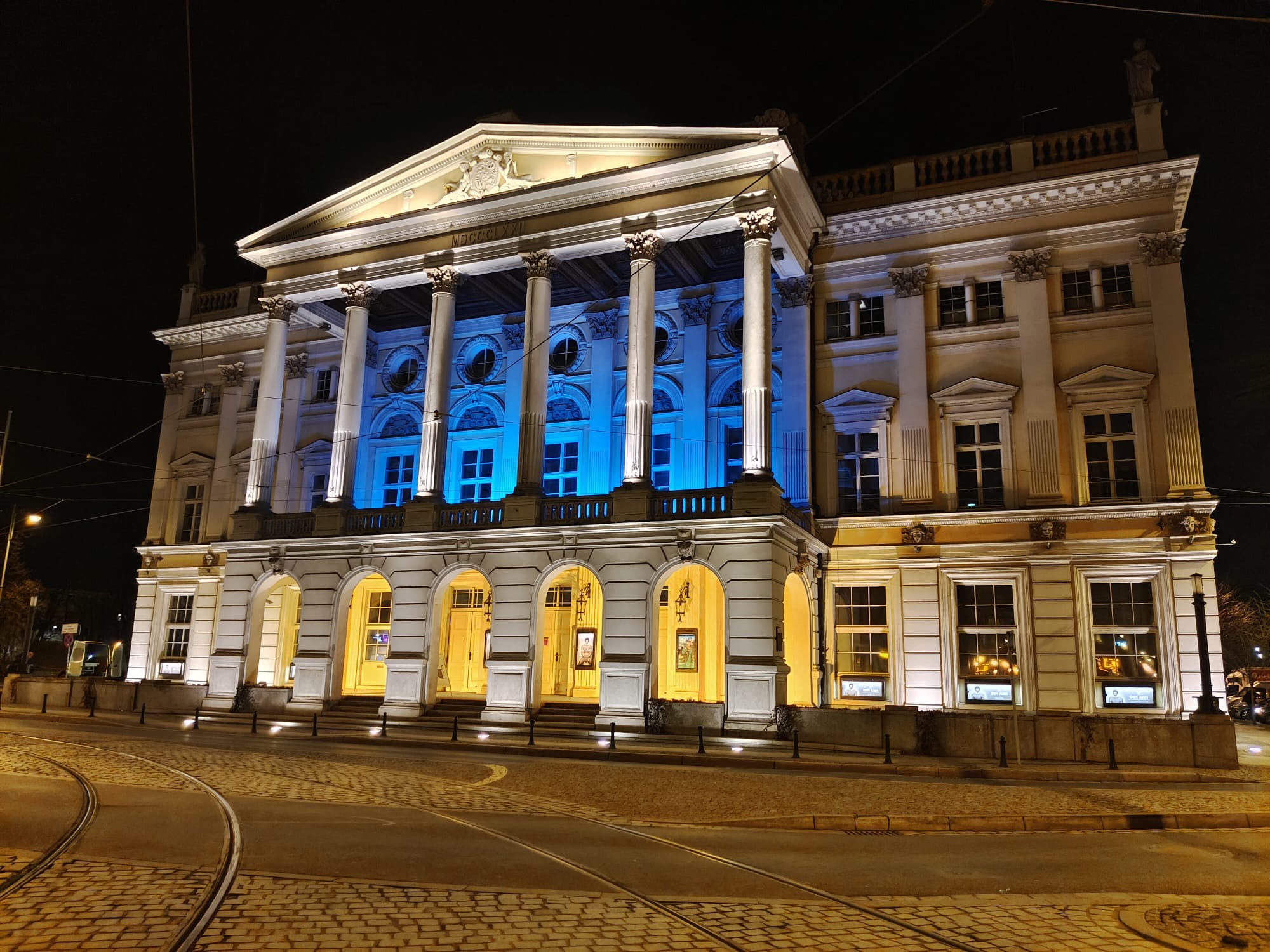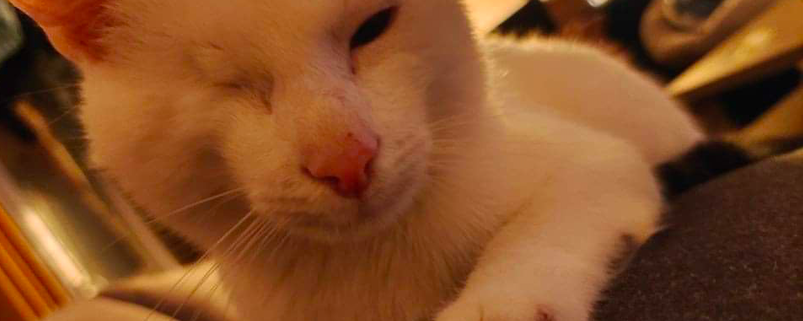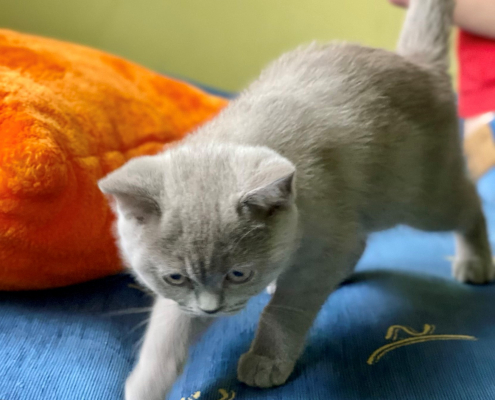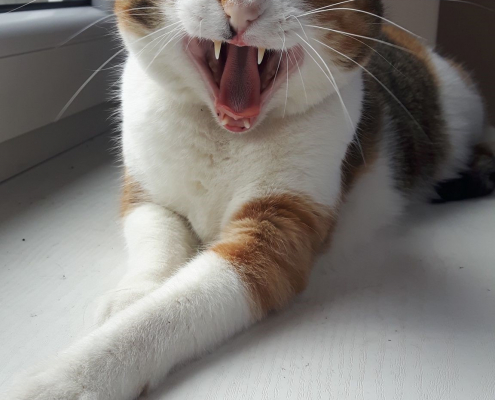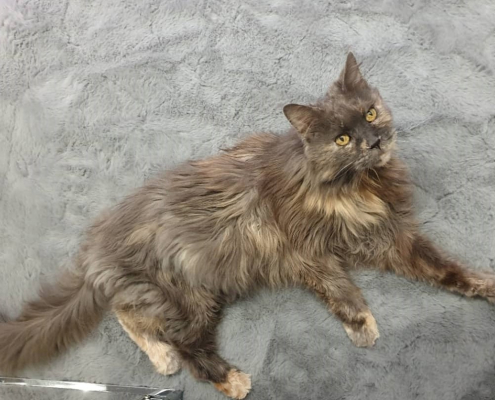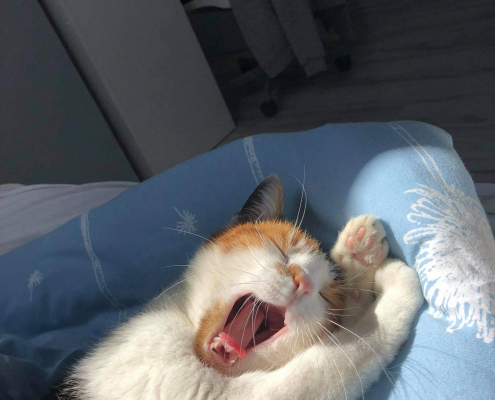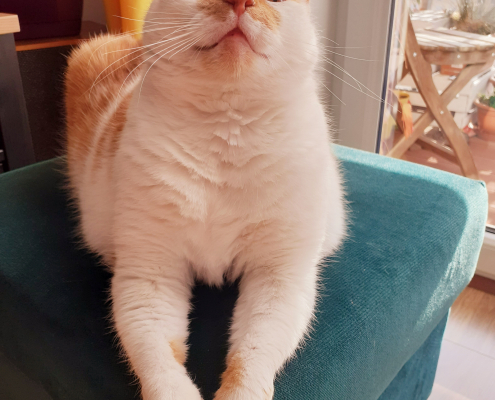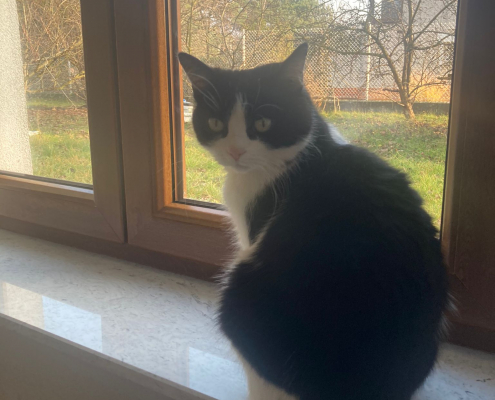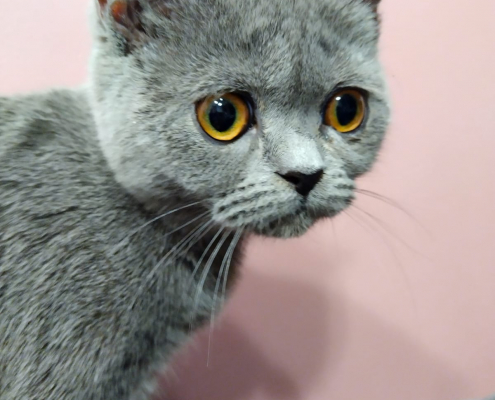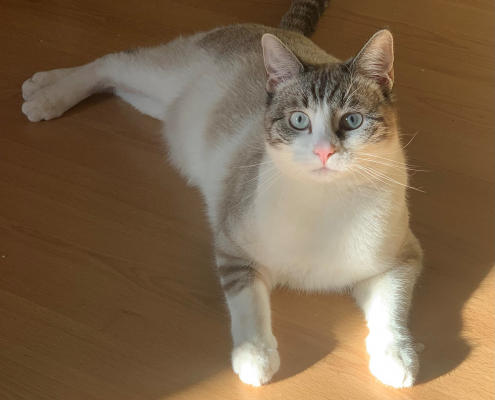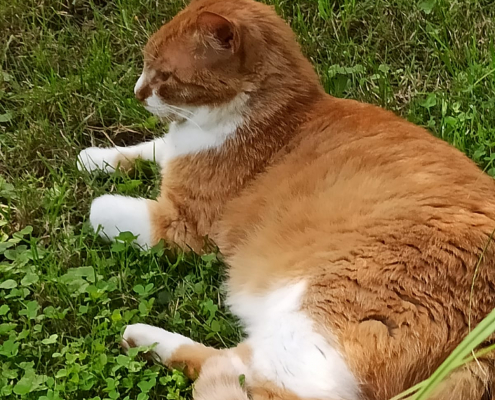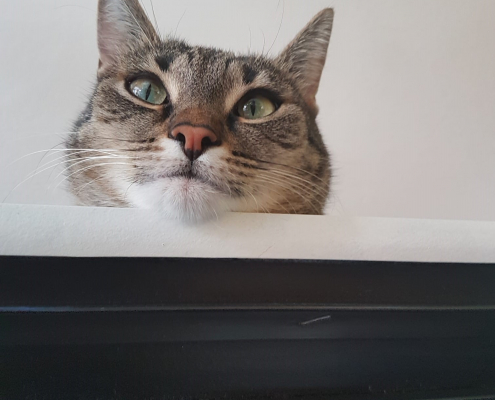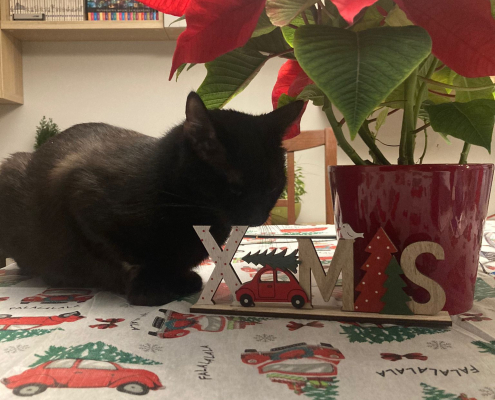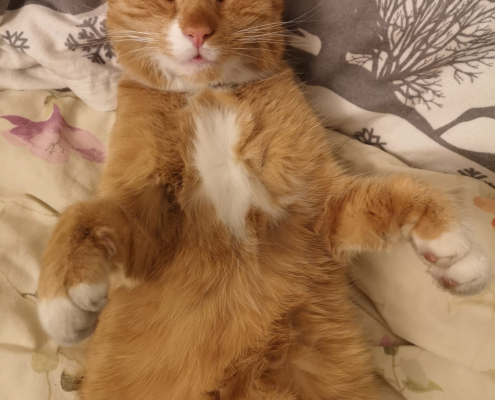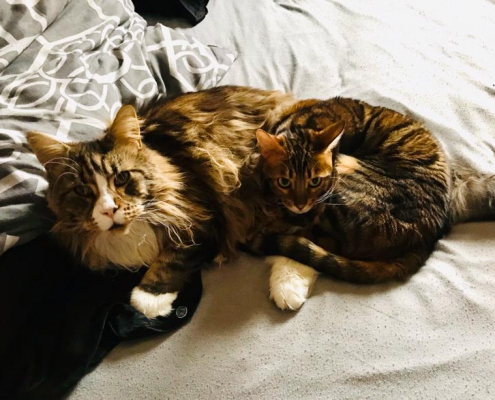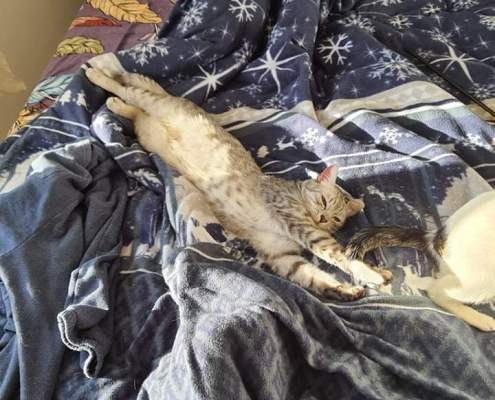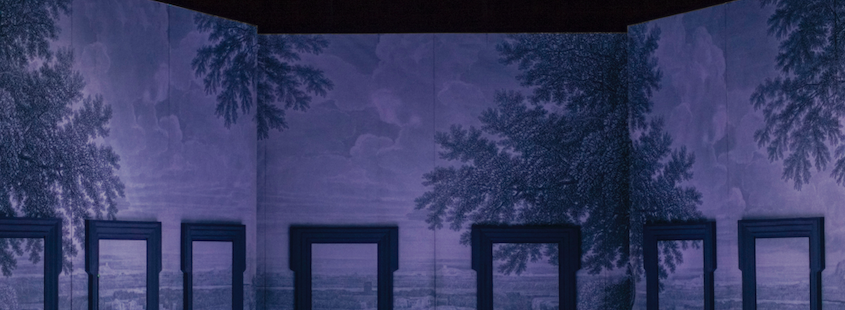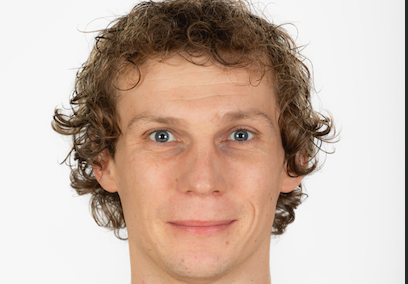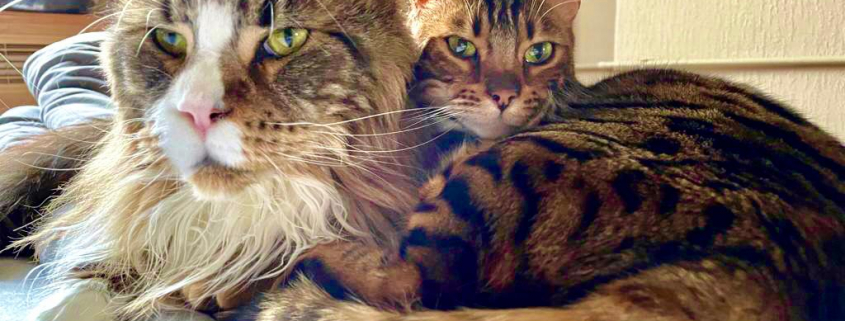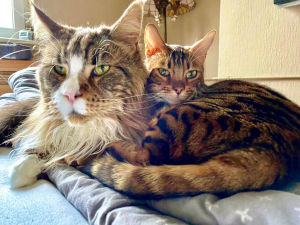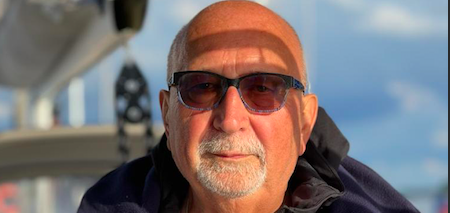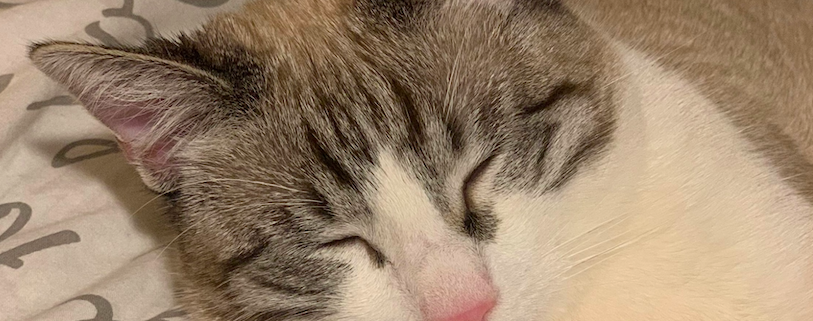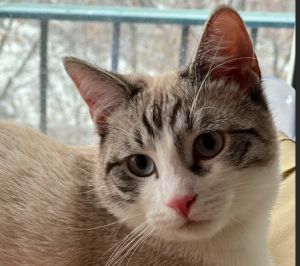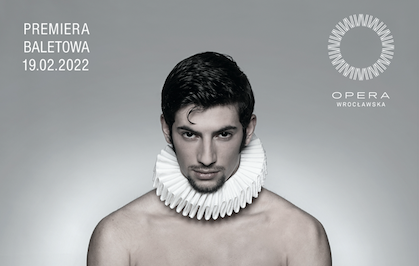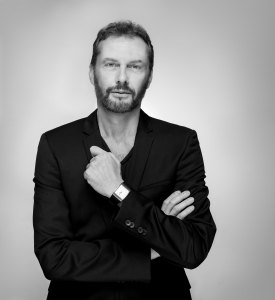ZARZĄDZENIE NR 2/2022
Dyrektora Opery Wrocławskiej
z dnia 25.02.2022
w sprawie wprowadzenia zasad bezpieczeństwa w budynkach Opery Wrocławskiej podczas sytuacji awaryjnych (alarmowych)
Na podstawie § 5 ust. 5 pkt. 4 w zw. z § 5 ust. 4 Statutu Opery Wrocławskiej z dnia 28 lutego 2013 r. nadanego uchwałą nr XXXII/934/13 Sejmiku Województwa Dolnośląskiego z dnia 28 lutego 2013 r. w związku z Rozporządzeniem Prezesa Rady Ministrów z dnia 25.07.2016 r. w sprawie zakresu przedsięwzięć wykonywanych w poszczególnych stopniach alarmowych i stopniach alarmowych CRP zarządzam, co następuje:
§ 1
- Wejścia i wyjścia pracowników z budynku Opery Wrocławskiej są możliwe wyłącznie na podstawie elektronicznej karty osobowej.
- Karta jest przypisana do osoby i każdorazowe posługiwanie się nią jest rejestrowane.
- Karta osobowa pełni jednocześnie rolę identyfikatora, który pracownik zobowiązany jest nosić na odzieży w widocznym miejscu.
- Karty nie wolno użyczać innym osobom. Jest ona wydawana na czas określony i po upływie tego terminu musi zostać przedłużona lub być zdana do sekcji informatycznej. W przypadku zagubienia przepustki należy niezwłocznie poinformować sekcję informatyczną.
- Gościnni artyści oraz realizatorzy spektakli, niebędący pracownikami Opery, otrzymują od impresariatu tymczasowe elektroniczne karty osobowe, uprawniające do wejścia na teren Opery. Impresariat w tej sprawie zwraca się do sekcji informatycznej o wydanie takich kart dla poszczególnych osób z odpowiednim wyprzedzeniem.
- Wjazd na parking pracowniczy Opery jest możliwy wyłącznie na podstawie elektronicznej karty osobowej. Wyjątkiem są służby porządkowe, które są wpuszczane na teren parkingu przez służbę ochrony. W takim przypadku pracownik ochrony po otwarciu szlabanu przy wjeździe na posesję ma obowiązek osobistego sprawdzenia i nadzorowania przyjazdu służb.
- Ograniczone zostają wejścia do budynku Opery osób, nie będących pracownikami Opery.
- Kierownicy działów, w których wymagana jest obecność osób z zewnątrz (m. in. przeglądy, serwisy i konserwacja urządzeń, pralnia itd.) powinni zweryfikować aktualne potrzeby i w razie ostatecznej konieczności, przekazać do sekretariatu – imię i nazwisko osoby, datę planowanej wizyty i dane pracownika koordynującego takie spotkanie. Taka informacja następnie jest przekazywana do ochrony budynku celem weryfikacji danej osoby przy wejściu do Opery. Po wejściu do przedsionka, taka osoba zostanie poproszona o podanie swoich danych osobowych i danych koordynatora. Ochrona zobowiązana jest zadzwonić po osobę koordynującą spotkanie, o zejście po gościa. Koordynator prowadzi bezpośredni nadzór nad przebiegiem przeglądu lub serwisu.
- Nie jest możliwe wejście osób nieupoważnionych (goście, widzowie przynoszący kwiaty bądź inne podziękowania) przez kulisy do pomieszczeń Opery. Drzwi prowadzące do kulis od strony widowni powinny być zabezpieczone przed dostępem z obu stron, a dostęp pracowniczy po godzinie 17 będą miały tylko wyznaczone osoby.
- Do budynku nie będą wpuszczani kurierzy, realizujący zamówienia prywatne pracowników.
- Kurierskie zamówienia służbowe, kierowane na Operę będą realizowane z zachowaniem zasad bezpieczeństwa. Pracownik realizujący zamówienia na rzecz Opery ma obowiązek podać podczas zamówienia swoje imię i nazwisko oraz numer telefonu służbowego. Kurierzy mogą wejść tylko do przedsionka wejścia służbowego (przed kołowrotem elektronicznego dostępu). Po skontaktowaniu się kuriera z pracownikiem – pracownik wychodzi do przedsionka służbowego, tam sprawdza poprawność zamówienia (otwiera przy kurierze paczkę i sprawdza zawartość). Po stwierdzeniu prawidłowości możliwym jest wniesienie paczki do budynku Opery. Jeżeli zawartość paczki nie zgadza się z zamówieniem i jest podejrzana, należy poinformować Dyrekcję i Policję (numer alarmowy 112 bądź 997) o takiej przesyłce i pozostawić w przedsionku do przybycia służb Policji. Dyrekcja może podjąć decyzję w takim przypadku o ewakuacji osób z budynku.
- Przesyłki pocztowe realizowane przez listonoszy Poczty Polskiej również będą realizowane z zachowaniem zasad bezpieczeństwa. Pracownicy Poczty Polskiej mogą wejść wyłącznie do przedsionka wejścia służbowego (przed kołowrotem elektronicznego dostępu). Następnie pracownik ochrony informuje pracownika w sekretariacie o przyjściu listonosza. Pracownik sekretariatu ma obowiązek zejść do przedsionka i odebrać przesyłki listowne.
- Zwiększony zostaje nadzór pracowników ochrony nad budynkiem. Zwiększa się liczbę obchodów pracowników ochrony w budynku, jak też wokół budynku i na parkingu z 2 do 4 obchodów.
- Dodatkowi pracownicy ochrony nadzorują wejście główne przed spektaklami oraz w trakcie wejścia widzów do budynku i po spektaklach. Należy zwrócić uwagę na pozostawione bez nadzoru bagaże, pudełka, torby, plecaki oraz osoby zachowujące się nienaturalnie. W przypadku znalezienia podejrzanego przedmiotu należy stosować się do obowiązującej w Operze instrukcji alarmowej (Zarządzenie nr 9/2019 z dnia 7.11.2019 w sprawie wprowadzenia do stosowania Instrukcji Alarmowej).
- W godzinach pracy kasy biletowej dodatkowy pracownik ochrony nadzoruje wejście główne do budynku Opery.
§ 2
- Zarządzenie wchodzi w życie z dniem wydania
- Zobowiązuje się kierowników komórek organizacyjnych Opery Wrocławskiej do zapoznania wszystkich podległych pracowników z treścią zarządzenia.
Wrocław, dnia 25.02.2022
Halina Ołdakowska
TRANSLATION
ORDER NO. 2/2022
of the Director of Wrocław Opera House
of 25.02.2022
on the introduction of safety rules in the buildings of Wrocław Opera during emergencies (alarms)
Pursuant to § 5 para. 5 pt. 4 in connection with § 5(4) of the Statute of the Wrocław Opera of 28 February 2013, granted by Resolution No. XXXII/934/13 of the Lower Silesian Voivodoship Assembly of the 28th February 2013, in connection with the Regulation of the Prime Minister of the 25.07.2016 on the scope of undertakings to be carried out in individual alarm degrees and CRP alarm degrees, I order as follows:
§ 1
- Employees may enter and leave the Wrocław Opera building only with an electronic personal card.
- The card is assigned to one person and each time the use of it is recorded.
- The personal card serves at the same time as an ID badge, which the employee is obliged to wear on clothing in a visible place.
- The card may not be lent to other persons. It is issued for a limited period and, after expiry of that period, must be renewed or returned to the IT section. In the case of loss the IT section must be informed immediately.
- Guest artists and producers of performances who are not employees of the Opera shall receive from the management temporary electronic personal cards allowing them to enter the Opera area. The agency shall request the IT section to issue such cards for individual persons in advance.
- Entry to the Opera House staff car park is only possible with an electronic ID card. An exception to this rule is housekeeping staff, who are admitted to the car park premises by security staff. In such case, after opening the barrier at the entrance to the premises, a security guard is obliged to personally check and supervise the arrival of the service.
- Access to the Opera House by persons who are not employees of the Opera House is restricted.
- Managers of departments where the presence of outsiders is required (e.g. inspection, servicing and maintenance of equipment, laundry, etc.) should verify current needs and, in case of final necessity, communicate to the secretariat – the name of the person, the date of the planned visit and details of the employee coordinating such a meeting. Such information is then forwarded to building security for verification of the person at the entrance to the Opera House. Upon entering the vestibule, such a person will be asked to provide their personal data and the coordinator’s data. Security is obliged to call the person coordinating the meeting to come down for the guest. The coordinator has direct supervision of the inspection or service.
- No unauthorised persons (guests, audience members bringing flowers or other acknowledgements) may enter the Opera House through the backstage area. Doors leading to the backstage area from the audience side should be secured against access from both sides, and staff access after 5pm will be restricted to designated persons only.
- Couriers carrying out private orders for employees will not be allowed into the building.
- Courier service orders addressed to the Opera will be carried out in compliance with security rules. An employee carrying out orders for the Opera is obliged to state his/her name and business telephone number during the order. Couriers may only enter the service entrance vestibule (before the electronic access turnstile). After the courier contacts the employee, the employee goes to the service vestibule, where he/she checks the correctness of the order (opens the package in front of the courier and checks its contents). After confirming the correctness of the order it is possible to take the package to the Opera House building. If the content of the package does not correspond to the order and is suspicious, the Directorate and the Police (112 or 997 emergency number) should be informed about the package and it should be left in the vestibule until the Police arrive. In such a case the Management may decide to evacuate people from the building.
- Postal deliveries carried out by post Poczta Polska postmen will also be carried out in compliance with safety rules. Post poczta Polska employees may enter only the service entrance vestibule (before the electronic access turnstile). The security officer will then inform the employee at the secretariat about the postman’s arrival. The employee of the secretariat is obliged to go down to the vestibule and collect the postal items.
- Security staff supervision of the building is increased. The number of security staff rounds in the building, as well as around the building and in the car park, is increased from 2 to 4 rounds.
- Additional security staff supervise the main entrance before performances and during the audience’s entrance to the building and after performances. Attention should be paid to unattended luggage, boxes, bags, rucksacks and persons behaving unnaturally. In the event of finding a suspicious object, follow the Opera House’s Emergency Instruction (Order No. 9/2019 of 7.11.2019 on the implementation of the Emergency Instruction).
- During ticket office hours, an additional security officer supervises the main entrance to the Opera House.
§ 2
- The Order shall enter into force on the date of its adoption.
- The heads of the organisational units of the Wrocław Opera are obliged to acquaint all subordinate employees with the content of this regulation.
Wrocław, dnia 25.02.2022 Halina Ołdakowska
Director of the Wrocław Opera House


